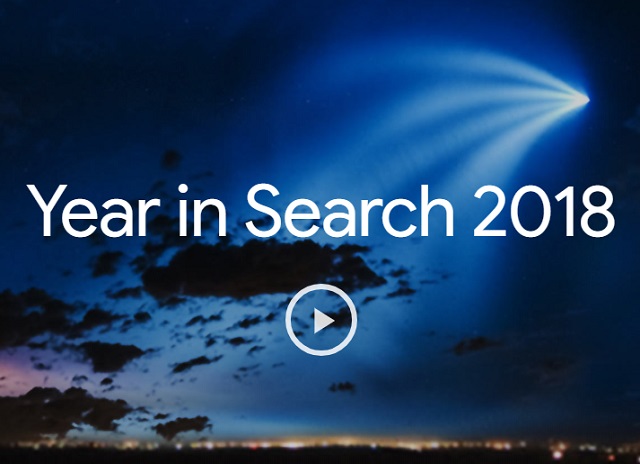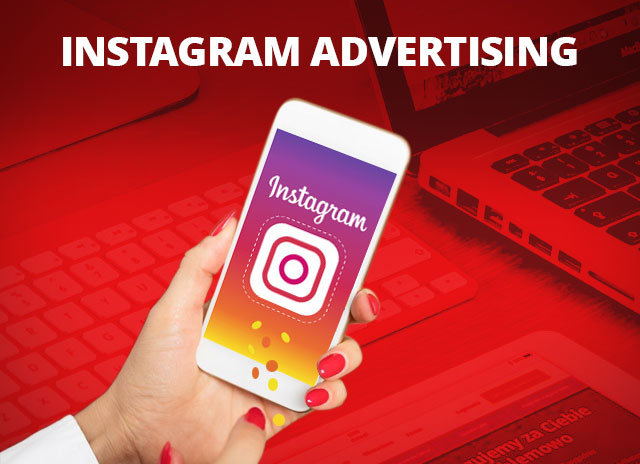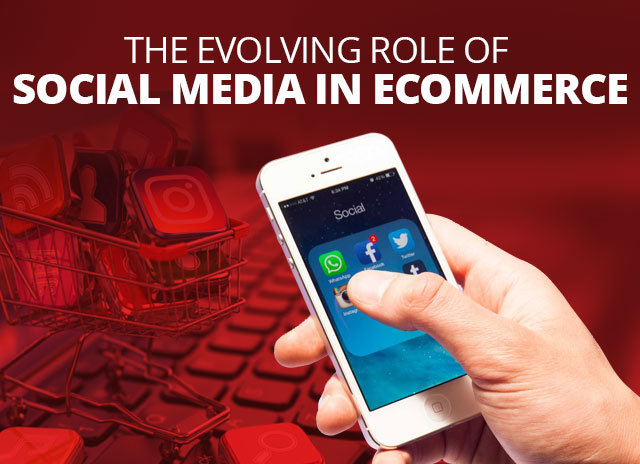The medical industry is no more called ‘Healthcare’, rather is known as ‘Healthtech’ after having a spin by the technological advancements over the years.
Logically, it’s not humanly possible for medical professionals to keep up with ever-growing heaps of new data related to health conditions, medical diagnosis, and the latest genetic trends. So, is there any solution?
Yes. Enter the world of AI and your problems will be solved at breakneck speed.
The digital wave of Artificial Intelligence brings along many benefits, from delivering medical aid at doorsteps to making a doctor’s life a tad bit easy, offering feature-rich AI-based applications that change the normal routine.
AI and ML are leading in the race of digital developments where the techniques are highly capable to contribute both in healthcare services as well as devices.
Tech progressions are never ceasing, every day bringing something unusual and unexpected. This calls for all business types to learn AI with Best Artificial Intelligence Certification Training Course to stay ahead in the competition to develop out of the box smart tools and techniques .
Did You Know?
[Artificial Intelligence opens new windows for the Healthcare industry to expand AI Health market’s growth from $600 million to $6 billion by touching 2021.]
How AI is Transforming the Healthcare Industry?
AI has given many proven examples of its existence industry-wide, where it has also played the role of a game changer in healthcare.
With our eyebrow-raising doubts regarding AI replacing human jobs, many assert that whether AI doctors will replace human physicians too?
By now we can be rest assure that physicians might not be replaced by machines, instead, AI can assist doctors in making better clinical decisions and judgment when compared with humans.
The AI wave of advancements augments the expertise of trained clinicians where its robust algorithms extensively eliminate the possibility of errors in diagnosis.
Did You Know?
[A report by Frost and Sullivan speaks, by 2021 the healthcare market of AI is likely to witness an annual growth rate of 40%, thereby, reducing treatment costs by half and changing the healthcare outcomes by 30-40%.]
The rapid progressions of big data analytics and the growing availability of medical data have made the advent of AI applications in healthcare a big success.The concept, Artificial Intelligence, merely aims to mimic human cognitive functions by making the impossible possible. The popular AI techniques of machine learning, natural language processing, and modern deep learning have a great potential to sort structured and unstructured data.
AI along with its clever programs and alorithms sheerly contribute in key areas of early detection and diagnosis, treatment, as well as outcome prediction and prognosis evaluation.
Remarkable Medical Evolutions Brought up by Artificial Intelligence
E-Health Records (EHR)
By crossing all the hurdles like user burnout, cognitive overload, heavy documentation, AI brought a transition in the medical provisions by automating such tasks and making the clinical documentation smooth and easy to go.
As data retrieval is a powerful aspect of artificial intelligence, the records and activities handled effectively by machines gives doctors and patients both, an ease to rely on the sensitive information (stored in Cloud).
Apart from storage and retrieval, the technique also handles some routine tasks by identifying user patterns, say, while running low with the medication, AI tools send an auto-generated request for medicine refill, promptly.
Virtual Heath Assistance
Before the arrival of the revolutionary phenomenon of Artificial Intelligence and its forms, did you ever hear the terms called Intelligent Virtual Assistant (IVA) and Medical Virtual Assistant (MVA)?
I didn’t. But surprisingly, now people aren’t only familiar with these, instead, are making good use of such personal assistants who help them manage their health goals more like a human.
Some of their duties involve:
- Remind patients of their medication on time
- Suggest diet plans and eating habits keeping restrictions
- Enable virtual interaction with physicians and doctors
- Provide suggestions at the time of common ailments
- Give timely reminders of medical bookings and appointments
The overlords of the globe- Microsoft, Amazon, IBM already possess smart and intelligent conversational AI systems those can respond to voice/text-based queries of an individual. Therefore, this technology can be implemented in healthcare too which can further improve patient engagement and self-management skills.
Proactive Medical Care
Unlikely the earlier trend of reactive care, Artificial Intelligence transforms the rules by offering proactive care to the masses by its highly effective apps and techniques.
Where in the traditional era, the hierarchy followed was like- a person going to the doctor with specified symptoms, first undergoes few assessments and tests and then finally gets to know the disease he is suffering from.
The process used to be quite long, which might even cause further problems to the sufferer, however, in the digital era, the care provided by artificial intelligence is more stereotype.
The AI care, studies the complete patient history highlighting the high-risk markers instantly, suggesting the best cure to them, thus, minimizing the alarming conditions and threats via close monitoring.
AI-enabled apps provide you with the primary healthcare features which give its users great operating experience, acting humanly:
- Personalized medication
- Predictive analysis and care
- Better diagnosis
- Advanced treatment plans
- Valuable suggestions
- And much more…
Medical Imaging Diagnostics
Do you think that the X-rays, MRIs, CT scans, all done on a human body give foolproof results of the examinations of a disease? If yes, then why doctors relied on supplement ways of biopsies?
Only because these old-school methods only give glimpses of the inner workings of the body where today AI revamps all these loopholes of scanning by enabling intelligence in the radiology images.
Unlikely, the previous assessment techniques, the modern pieces of equipment deliver accurate and semantic results allowing doctors and pathologists to take unanimous decisions on the mode of treatment with the least probability of being wrong.
Radiologists today, zoom into the problems which human eye can’t judge by scanning and detecting the infections or tumors or bleeds quite deeply.
Moreover, surgeons are also given an upper edge while performing surgeries when they get useful assistance from human-like machines on accessing the surgical area.
When everything that revolves around you is changing and spinning at a great pace, why not artificial intelligence make an intervention in the health of an individual enhancing the life comfort and addressing all the longevity issues coming across?
Its not the end! Artificial intelligence has way more potential to drive you crazy with its eccentric traits to explore many facets of mankind, thereby shaping the world in a technical way.
Undoubtedly, the concept then and now, is a breakthrough that revolutionizes different industry spheres and norms, working on the ongoing discoveries, aiming to serve the humankind who actually brought it into the existence.














